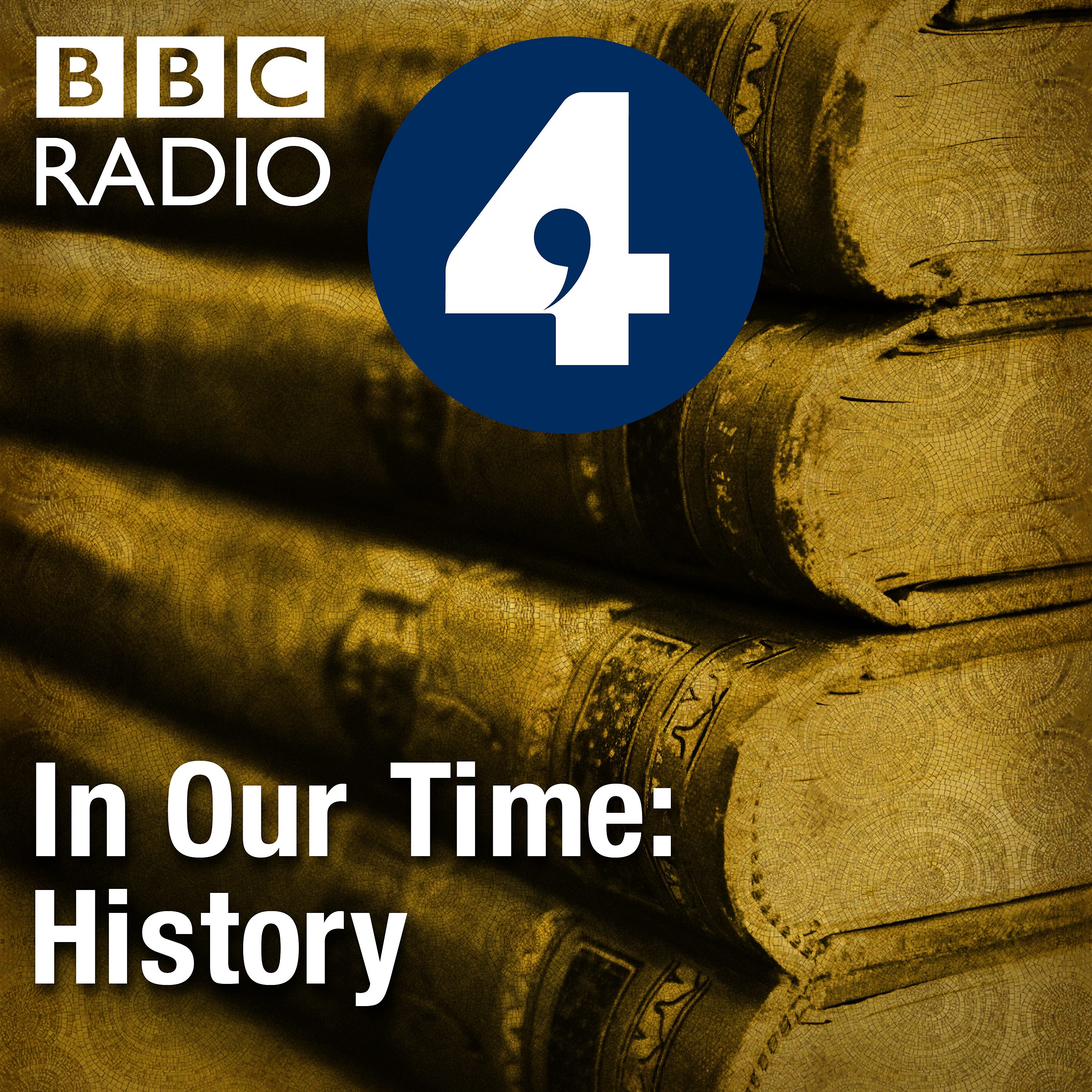
Shownotes Transcript
Melvyn Bragg and guests discuss what, in C19th America's Gilded Age, was one of the most significant protest movements since the Civil War with repercussions well into C20th. Farmers in the South and Midwest felt ignored by the urban and industrial elites who were thriving as the farmers suffered droughts and low prices. The farmers were politically and physically isolated. As one man wrote on his abandoned farm, 'two hundred and fifty miles to the nearest post office, one hundred miles to wood, twenty miles to water, six inches to Hell'. They formed the Populist or People's Party to fight their cause, put up candidates for President, won several states and influenced policies. In the South, though, their appeal to black farmers stimulated their political rivals to suppress the black vote for decades and set black and poor white farmers against each other, tightening segregation. Aspects of the Populists ideas re-emerged effectively in Roosevelt's New Deal, even if they are mainly remembered now, if at all, thanks to allegorical references in The Wizard of Oz.
The caricature above is of William Jennings Bryan, Populist-backed Presidential candidate.
With
Lawrence Goldman Professor of History at the Institute of Historical Research, University of London
Mara Keire Lecturer in US History at the University of Oxford
And
Christopher Phelps Associate Professor of American Studies at the University of Nottingham
Producer: Simon Tillotson.